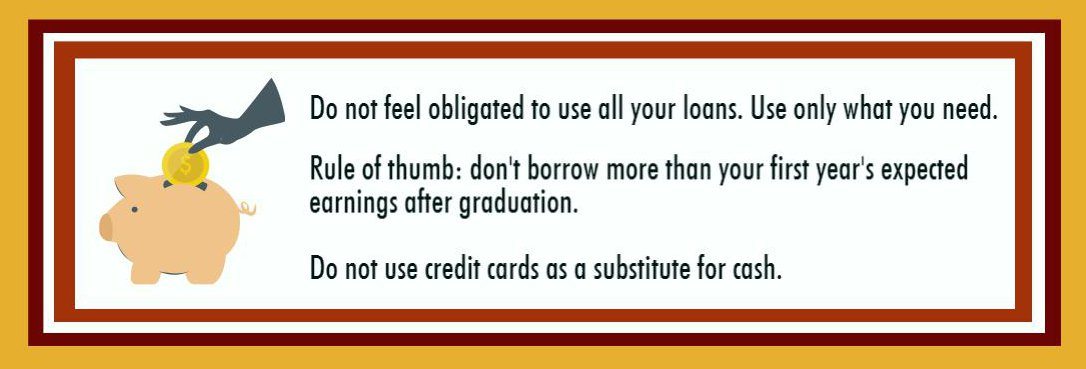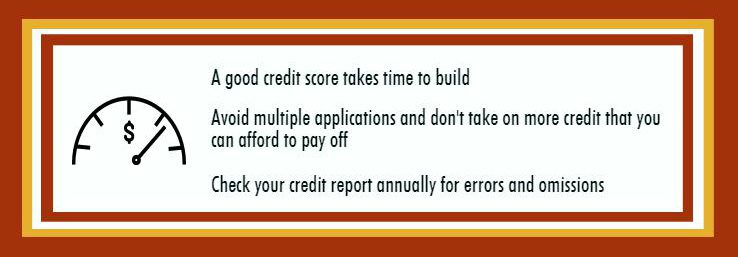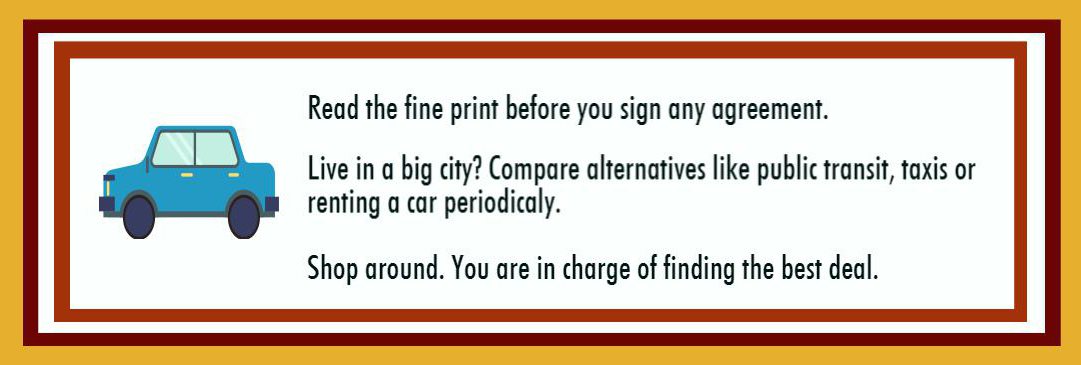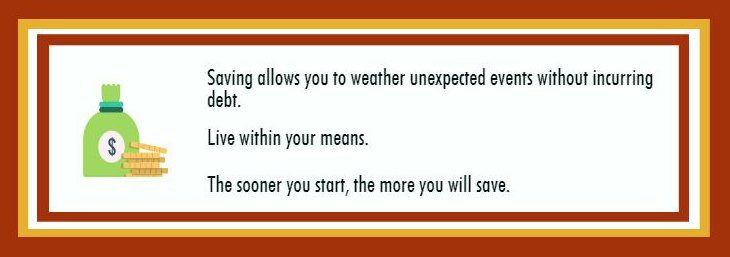
Starting out on your own is exciting, but it comes with a responsibility to make sound financial decisions. Making good financial choices from a young age will have an impact on your financial health for years.
Table of Contents
Lesson Plan
- Save more money
- Separate needs from wants
- Pay off student loans asap
- Start an emergency fund
- Use credit wisely
If there is one lesson to learn about debt it is that debt is limiting.
It may seem like borrowing money will allow you to do more, perhaps buy a car sooner or buy a bigger condo, but in reality debt is very restricting. Interest on debt consumes a portion of your disposable income. It can also limit your ability to make changes. If you have significant debt, you may not be able to make a career change for a job that might pay less initially. If you have a mortgage, you may not be able to sell to move to another location quickly.
Tips For Handling Student Debt
Your student debt will likely be the largest debt you owe before buying a new car or home. It is important to take control early. Our 2017 Joe Debtor bankruptcy study states that 31% of insolvent millennial debtors had student loans.
Take steps to reduce the total amount of student loans you incur, and once you do, make a plan to pay off your student debts as quickly as you can. If you can’t, consider student loan forgiveness programs.
Here are some useful tips to help manage your student debt:
- Attend a local school if possible, so you can live at home
- Plan for a summer job or work part-time throughout the school year
- Apply for grants, scholarships, and bursaries
- Be creative in saving money: Buy used books, bring a lunch with you to school, can you organize a soup meal, taking turns with friends bringing soup
- Rule of thumb: don’t borrow more than your first year’s expected earnings after graduation
- Do not use credit cards as a substitute for cash
- Do not feel obligated to use all your loans. Use only what you need.
- Housing costs: run the numbers. Residence vs off-campus with roommates
- Consider taking a co-op program. You will get job experience and a step up on finding employment
Building Your Credit Score
According to TransUnion, 43% of millennials have bad credit. Often this is because you don’t have an established credit history beyond your student debt and maybe a credit card.
A poor credit score will make taking out a car loan difficult or expensive. Since many landlords ask for a credit check, it can also make renting an apartment difficult.
Take these first steps towards building a good credit score
- Apply for one credit card. Keep your limit reasonable given your income and budget
- Pay off your balances in full before the due date
- Some cell phone providers report payments to the credit bureau. Consider switching if the cost of service is the same or less than your current provider to help you build a history of keeping up with monthly bill payments
- Don’t get behind on utility or rent payments. While these are not reported on your credit report, accounts sent to collections will appear and can hurt your credit score
- Only take on newer forms of credit, like a car loan, if you are sure you can keep up with the monthly payments
- Avoid maxing out your credit cards regularly. A high utilization rate is not a good indicator that you can use credit wisely and will damage your credit score
- Check your credit report for errors and omissions annually
Buying or Leasing a Car
Financing a vehicle may be a necessity because of the cost, but it’s not necessarily good debt. Good debt builds wealth. Buying a car does not since it depreciates in value, sometimes faster than you can pay off your car loan. Having a car payment uses up a portion of you pay that you may want to invest in other ways.
Ask these questions before signing up for any car loan or lease
- Do you need a car? Are you able to manage with city transit? You can have big savings here
- If you only need a car a few times a month, consider renting a car or car-sharing
- Even taking a taxi a couple times a week could be less than the monthly maintenance (insurance, licence, oil changes)
- Read the fine print. Look for cancellation costs, late payment fees, interest rate changes
- Look beyond the monthly payment. What’s the interest rate? How much will you pay in total over the life of the loan?
- Take a look at the buy-out
- Do not take an extended term loan like those offered for 84 months
- Do not roll the debt from your old car into the new one
- Consider a vehicle that just meets your needs and no more
- Consider a used car
- Comparison shop. Even if you have poor credit, don’t be afraid to talk to a full service dealership. Compare different loan providers
Consumer reports has a great chart comparing the lease vs buy option.
Saving Money
Almost everyone has regrets about something they spent money on at one time or another. Learning to make wise choices about how you spend and save money early will set you up for financial success.
Start by building a small emergency fund. Not having some savings to rely on when life throws you a curve ball can cause you to rely on credit card debt. Once your debt balances grow, it can become difficult to rein them back under control.
- Pay yourself first – even if it is just a little
- Take advantages of your banking services. Rounded up savings and automatic transfers to a savings account.
- Consider long-term financial goals. Make a plan. Stick to it
- Automate savings
- Put salary increases toward paying off debt and savings
- Track your spending – consider phone tracking apps
- Make trade-offs. Eating out vs eating at home and save
- If your employer offers a company savings plan, use it. A matched RRSP plan means you are doubling your money right away – 100% return. Now that is great investing.
- You are never too young to start saving for retirement
Start early creating a financial plan for you future. Setting goals and making wise choices now will make it easier financially as you move beyond your younger years.










